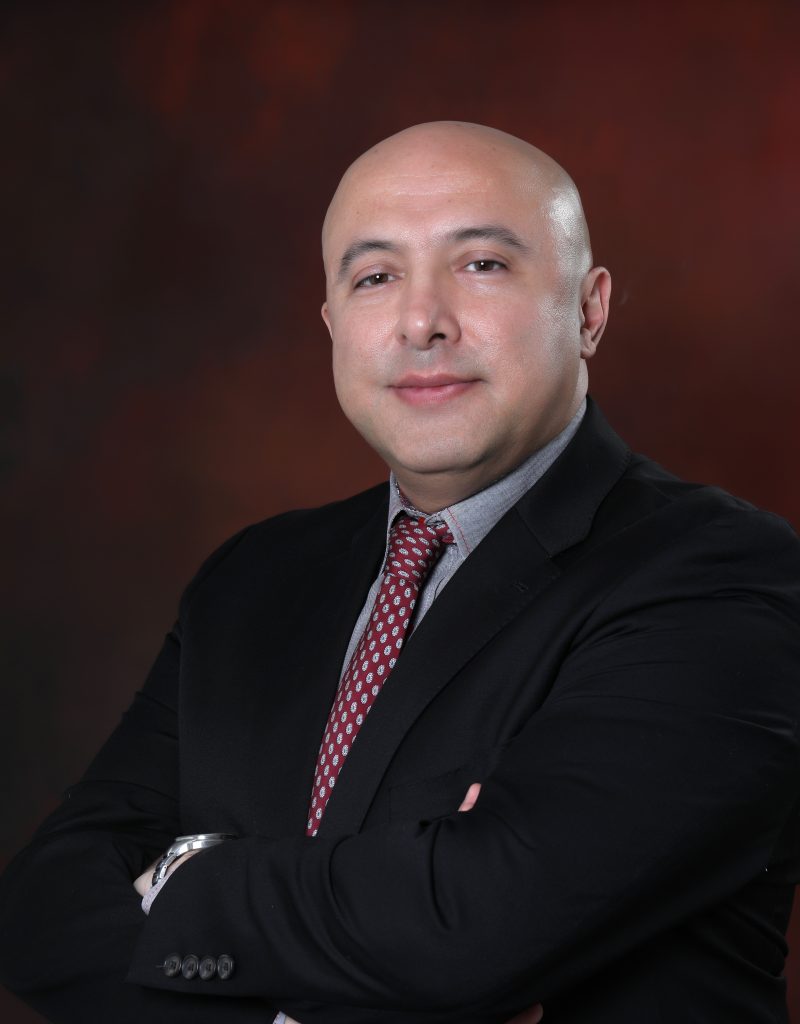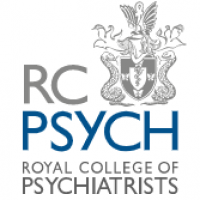How to calm anxiety? Here are 6 tips you can follow…
How do I calm my Anxiety? This is a question often asked by our patients. There are a few techniques you can follow to help manage anxiety symptoms. If you need advice, please feel free to book an appointment with Basit Medical by clicking here.
Calming anxiety may initially feel like a goal out of reach, but taking small steps can help you considerably.
How to calm anxiety?
1 – Question your thoughts
Sometimes certain situations can stimulate unwanted thoughts, even if the situations are routine. Judgments may be blurred in patients with anxiety. When we focus on negative or stressful situations, our thoughts can be unreasonable or irrational. This can cause anxiety. We advise patients to pause whilst getting these thoughts and really focus on moving past them. Questioning thoughts is key to reducing anxiety. Learning how to do this may take some practice, but can be very effective.
When experiencing these thoughts, consider the following:
- Is this situation fact or opinion?
- How will the thoughts make me feel?
- Are these rational or irrational thoughts?
- Is there anything I can do to put other, positive thoughts into my mind?
2 – Focus on your breathing
When you’re experiencing anxiety, your breathing will change. Often breathing becomes more rapid. You might be able to manage your physical symptoms of anxiety by also managing and really focusing on your breathing. When your breathing becomes more rapid, it can result in the following:
- Increased heart rate
- Feeling dizzy or light headed
- Sweating
- Experiencing nausea
You can follow these tips when focusing on your breathing:
- Taking a slow, deep breath through your nose
- Closing your eyes to focus more
- Holding the breath for a couple of seconds
- Relaxing your muscles whilst breathing out
3 – Counting
Counting can focus and fill the mind during symptoms of anxiety. We also suggest patients counting backwards, which is a little more complicated, hence focusing the mind further. You can even try more advanced counting exercises, for example, revising times tables.
This is a technique to follow when in stressful situations that can focus the mind quickly.
4 – Listen to music
Listening to music can help to reduce anxiety symptoms fairly instantly. When experiencing symptoms, put some headphones in and turn on your favorite track.
5 – Get some fresh air
The temperature or stuffiness in a room can increase your temperature and fuel symptoms of anxiety. Getting fresh air or a change of scenery can interrupt negative thoughts, reducing symptoms of anxiety.
6 – Devise a routine
Creating a routine to perform when feeling anxious can help to reduce symptoms. This routine could be as simple as holding your hands together or stroking your chin. Having a routine can mean that your mind associates this action with the feeling of overcoming anxiety.
If your anxiety symptoms seem to be getting worse after trialling these techniques, we are able to offer you professional support to help manage your symptoms. Patients with symptoms that are having a damaging impact on their personal life should seek support as soon as possible.
At Basit Medical, we are able to provide patients with treatment which will include a form of therapy. All appointments will be carried out by Dr Behzad Basit, an experienced Psychiatrist with over 30 years of experience.
Dr Basit carries out an assessment of anxiety and if required will refer to a therapist for CBT (Cognitive behavioural therapy).
We invite you to book a consultation with Dr Behzad Basit, just complete our contact form here.
You can read more about Dr Basit here.









